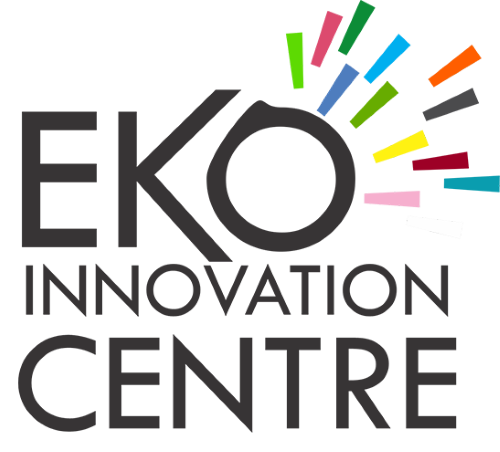One of the most common pitfalls we see among early-stage startups is building a product with promise but no clear path to scale. Founders often get caught up in launching fast, getting to market, and solving technical challenges but without a scalable business model in place, initial success can quickly hit a ceiling.
At Eko Innovation Centre, we work closely with startups from ideation through to growth. And if there’s one message we consistently reinforce, it’s this: build to scale from the very beginning. Growth doesn’t happen by accident; it’s designed into your model from Day One.
A scalable business model is not just about technology or automation. It’s about building a system that allows your business to grow without your costs rising at the same rate. Whether you’re solving a local problem or targeting a global opportunity, scale is what separates temporary traction from long-term viability.
1. Start with the Right Problem, Not Just a Cool Idea
Scalability starts with relevance. If you’re solving a small or hyper-local problem with no real opportunity to expand, your business will hit a wall no matter how well you execute. At EIC, we challenge founders to validate the scope of their problem from Day One. Is it big enough? Does it exist across markets? Is it growing?
We often run idea sprints and problem validation sessions to ensure startups are not just passionate, but building for a market that can support growth.
2. Design for Repeatability
Scalable businesses run on repeatable systems. Be it customer acquisition, onboarding, or product delivery, your model should be able to repeat key activities with minimal marginal cost. If every new customer requires a custom solution, you’re not scalable.
At EIC, we work with founders to standardize their value proposition and streamline their delivery model. Through our incubation and acceleration programs, we help them transition from handcrafted operations to well-structured systems.
3. Build Unit Economics That Work at Scale
Your business might make sense when you have ten customers, but does it still work when you have 10,000? Scalable models are built on sound unit economics. That means understanding your Customer Acquisition Cost (CAC), Lifetime Value (LTV), and margins from the very beginning.
We support founders with financial modeling tools, one-on-one mentorship, and expert-led workshops that walk them through real-world financial scenarios. It’s not enough to project revenue, we help them break it down and stress-test their model.
4. Think Platform, Not Just Product
In today’s startup world, platforms scale better than stand-alone products. Platforms create ecosystems, allow for network effects, and open up multiple revenue streams. We encourage founders to ask early, “What would this look like as a platform?”
At EIC, we introduce our startups to platform thinking, and help them map out how their solution can evolve beyond version 1.0 into something broader, smarter, and more scalable.
5. Plan for Scale; Operationally and Technically
Scaling isn’t just about getting more users. It means scaling your tech, your people, your processes; everything. This is where most startups feel the pressure if they didn’t design for scale early.
We bring in operational experts, product managers, and tech leads who guide our founders through designing architecture, team structure, and processes that won’t break under pressure. When you build with scale in mind, growth becomes a smoother journey, not a panic moment.
EIC’s Role in Helping Startups Build for Scale
At Eko Innovation Centre, we don’t just help startups launch. We help them grow responsibly. Through our programs, founders gain access to strategic guidance, business modeling frameworks, expert mentorship, and a vibrant ecosystem of partners and investors. We embed scalability into the way our startups think, plan, and execute.
We believe that scale isn’t something you chase later. It’s something you build for now. From pitch to product to process, we help founders design businesses that don’t stall at version one, but evolve toward impact and profitability.
Conclusion: Design to Grow from Day One
Building a scalable business model isn’t a luxury; it’s a necessity for any startup aiming for real success. Without it, even the best products can become operational dead ends. But with the right foundation, your startup can not only survive early challenges, it can thrive beyond them.
At EIC, we’re committed to walking that journey with you. From the first sketch of your idea to the growth strategy behind your scale, we’re here to help you avoid dead ends and design your business to grow.
